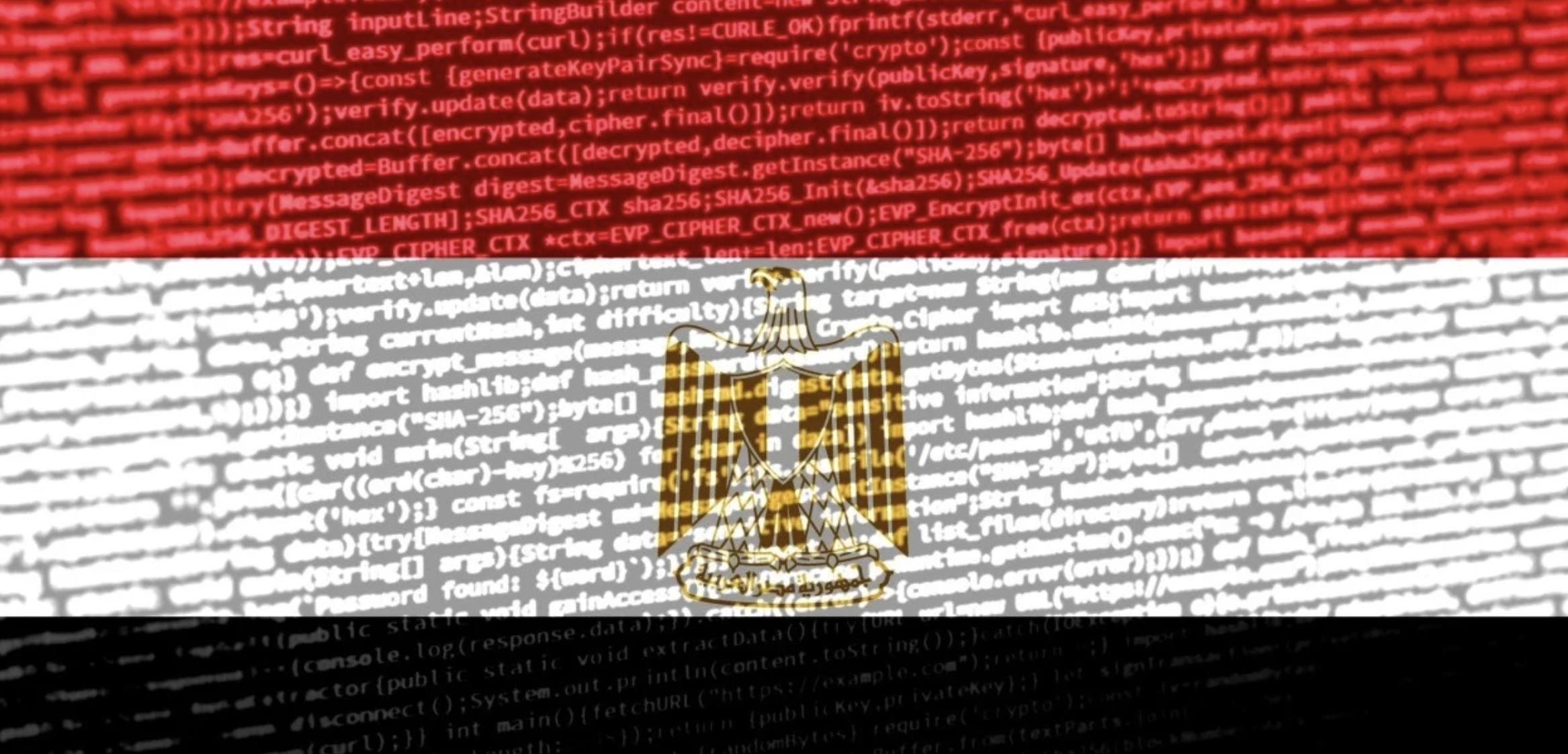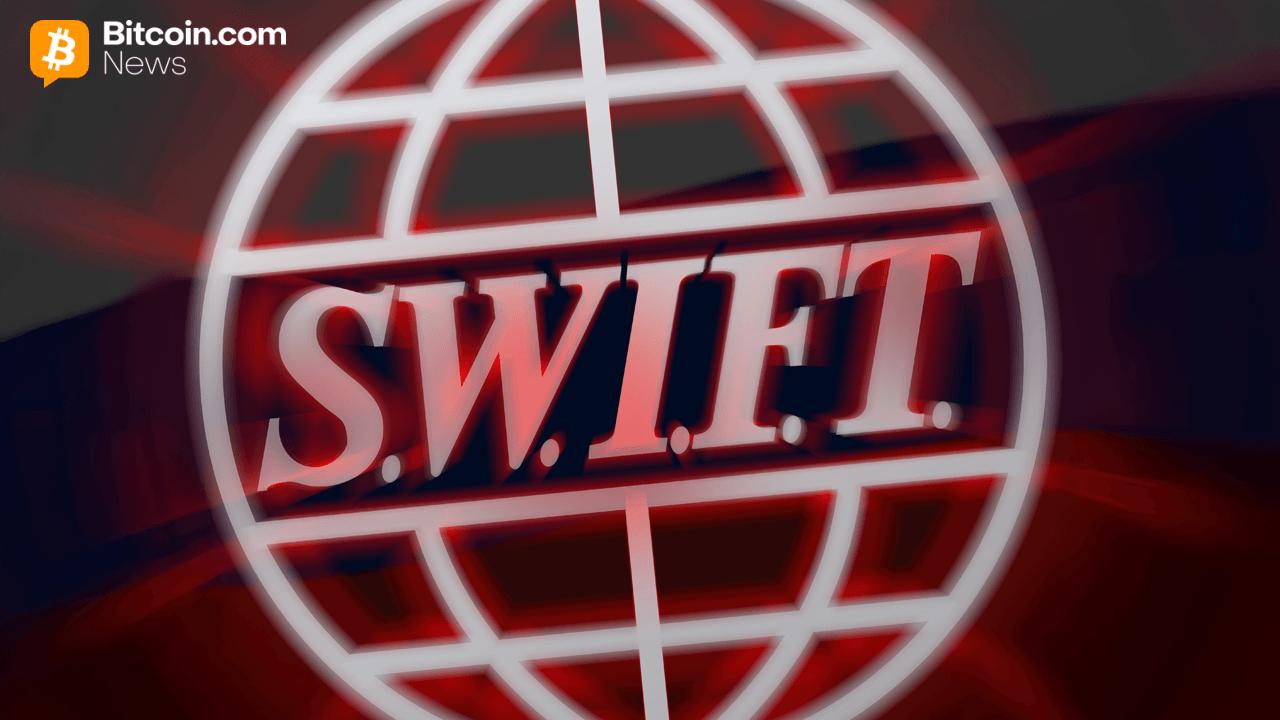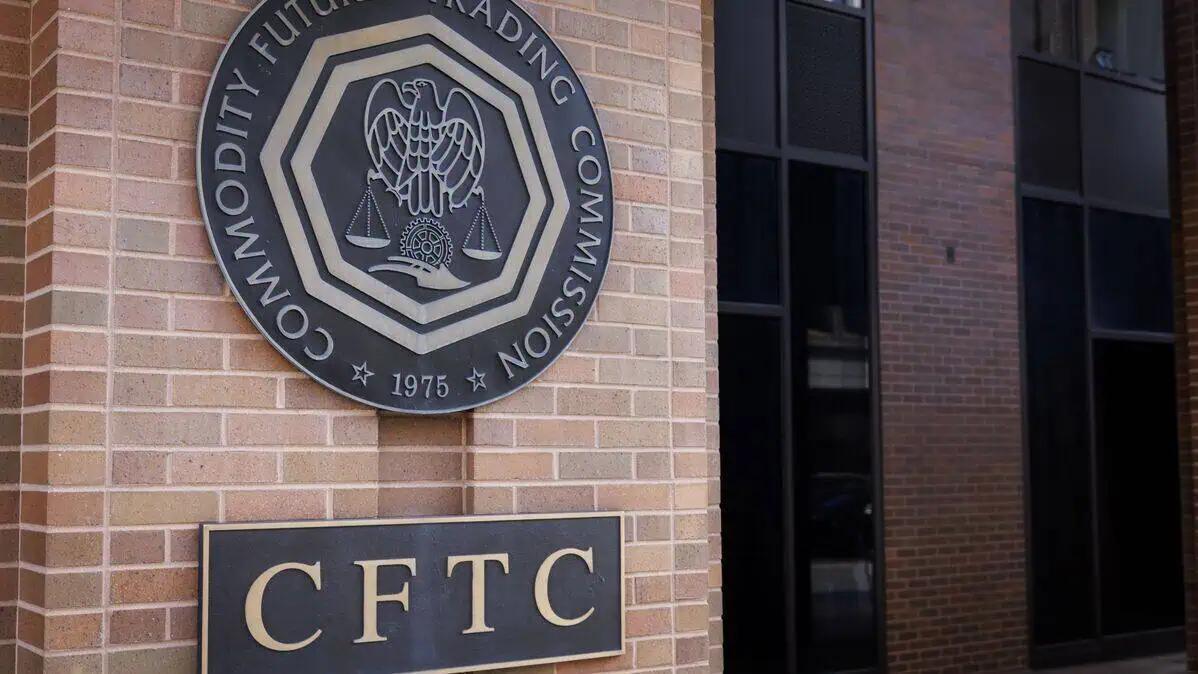The landscape of digital innovation in Egypt is undergoing a significant transformation, marked by a dynamic shift from skepticism to curiosity regarding blockchain technology. This evolution represents an exciting development and a testament to the power of open dialogue and education in reshaping technological perceptions across the nation.
High-Level Discussions Unlocking Blockchain Potential
Recent closed-door forums have brought together industry luminaries and leaders from Egypt's academia, banking, and government sectors to explore the numerous practical applications of blockchain technology. These collaborative exchanges underscore a pivotal moment for Egypt's blockchain ecosystem, showcasing blockchain's potential beyond the traditional focus on cryptocurrencies. The discussions have centered on practical solutions such as off-chain and cross-border payments, governmental documentation sharing, and improving public service delivery.
Mohamed Abdou, founder and CEO of Pravica, alongside Tony Amer of Emurgo Labs, has led many of these crucial conversations. Their approach emphasizes moving away from narrow risk-focused perspectives toward a more curious exploration of blockchain's broader utilities. This shift in dialogue represents a fundamental change in how Egyptian stakeholders view distributed ledger technology and its potential applications.
Navigating Regulatory Challenges with Real-World Solutions
Despite the absence of formal blockchain regulations and the central bank's ban on cryptocurrencies, blockchain's utility is increasingly being recognized in sectors such as trade, logistics, and carbon markets. This complex regulatory landscape has prompted stakeholders to shift the narrative from speculative gains to practical utility, focusing on demonstrable benefits that could reshape regulatory perceptions.
The strategic approach involves developing pilot projects that showcase tangible blockchain applications. These initiatives include land registry digitization to reduce property disputes, asset tracking systems to enhance transparency from origin to destination, and documentation systems that could reduce fraud while cutting administrative costs. When regulators witness firsthand how these solutions can improve public services and reduce operational inefficiencies, conversations naturally shift toward acceptance and support.
Building Capacity for Egypt's Digital Future
Pravica is actively investing in Egypt's technological future through comprehensive capacity-building initiatives. By partnering with academic institutions, incubation hubs, and government agencies, the company is organizing workshops, hackathons, and developer training sessions that fortify the local blockchain talent pool. This hands-on approach not only supports Egypt's economic growth but also positions blockchain advocates as strategic allies in the evolving digital policy landscape.
These educational initiatives serve multiple purposes: they nurture local talent, dispel misconceptions about blockchain technology, and create a foundation for sustainable technological adoption. The focus on collaboration between private companies, universities, and government entities demonstrates a mature approach to technology integration that prioritizes long-term development over short-term speculation.
From Risk Assessment to Innovation Exploration
The transformation in Egypt's blockchain approach reflects a broader understanding of technology adoption patterns. The initial skepticism, while understandable given the volatile nature of cryptocurrency markets, is giving way to sophisticated curiosity about practical applications. This evolution demonstrates the effectiveness of education-first strategies in technology adoption.
High-profile attendees from various sectors have participated in exclusive forums designed to explore blockchain's diverse applications. These meetings feature prominent voices from both local and international blockchain communities, emphasizing the power of collaborative dialogue in building understanding and trust. The conversations consistently steer toward practical solutions rather than speculative investments.
Practical Applications Driving Adoption
The focus on real-world blockchain applications has opened new avenues for technology adoption in Egypt. Trade facilitation, supply chain transparency, and improved governmental processes represent areas where blockchain can deliver immediate value. These applications demonstrate measurable benefits that extend beyond financial speculation to address genuine operational challenges.
Carbon markets represent another promising area where blockchain technology can provide transparency and efficiency improvements. As Egypt continues to develop its environmental policies and carbon reduction strategies, blockchain-based systems could play a crucial role in tracking and verifying environmental commitments and achievements.
Strategic Partnerships and Collaborative Development
The success of Egypt's blockchain journey depends heavily on strategic partnerships between private sector innovators, academic institutions, and government agencies. These collaborations create an ecosystem where knowledge sharing, talent development, and practical application development can flourish simultaneously.
Through systematic engagement with regulators and policymakers, blockchain advocates are demonstrating the technology's potential to address local challenges while contributing to national development goals. This approach builds trust and establishes blockchain technology as a legitimate tool for economic and social development rather than merely a speculative investment vehicle.
Looking Forward: Egypt's Blockchain Ecosystem
Egypt's evolving stance on blockchain technology positions the country to harness distributed ledger systems for national growth and innovation. The combination of regulatory engagement, practical pilot programs, and comprehensive capacity building creates a foundation for sustainable blockchain adoption.
The commitment to education and open dialogue continues to foster trust and understanding among stakeholders. As more pilot programs demonstrate tangible benefits and local talent develops expertise in blockchain applications, Egypt's digital infrastructure will be better positioned to leverage these technologies for economic development and improved public services.
This transformation from skepticism to curiosity represents more than a simple change in attitude; it reflects a maturing approach to technology adoption that prioritizes practical benefits, sustainable development, and collaborative innovation. Egypt's blockchain journey serves as a model for other nations navigating the complex landscape of emerging technologies while balancing innovation with regulatory responsibility.
Source: https://news.bitcoin.com/from-risk-to-curiosity-egypts-blockchain-mindset-is-changing/







